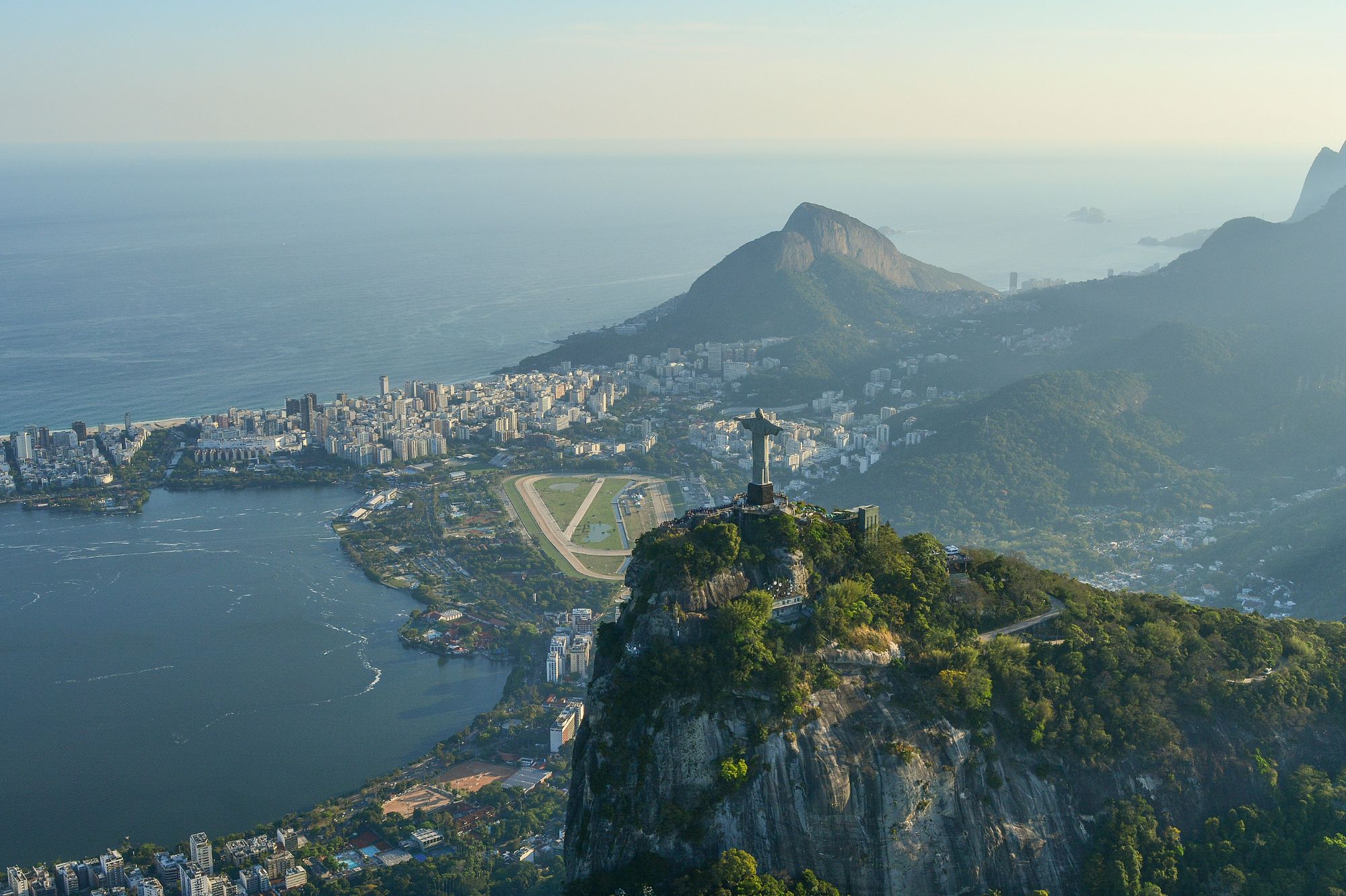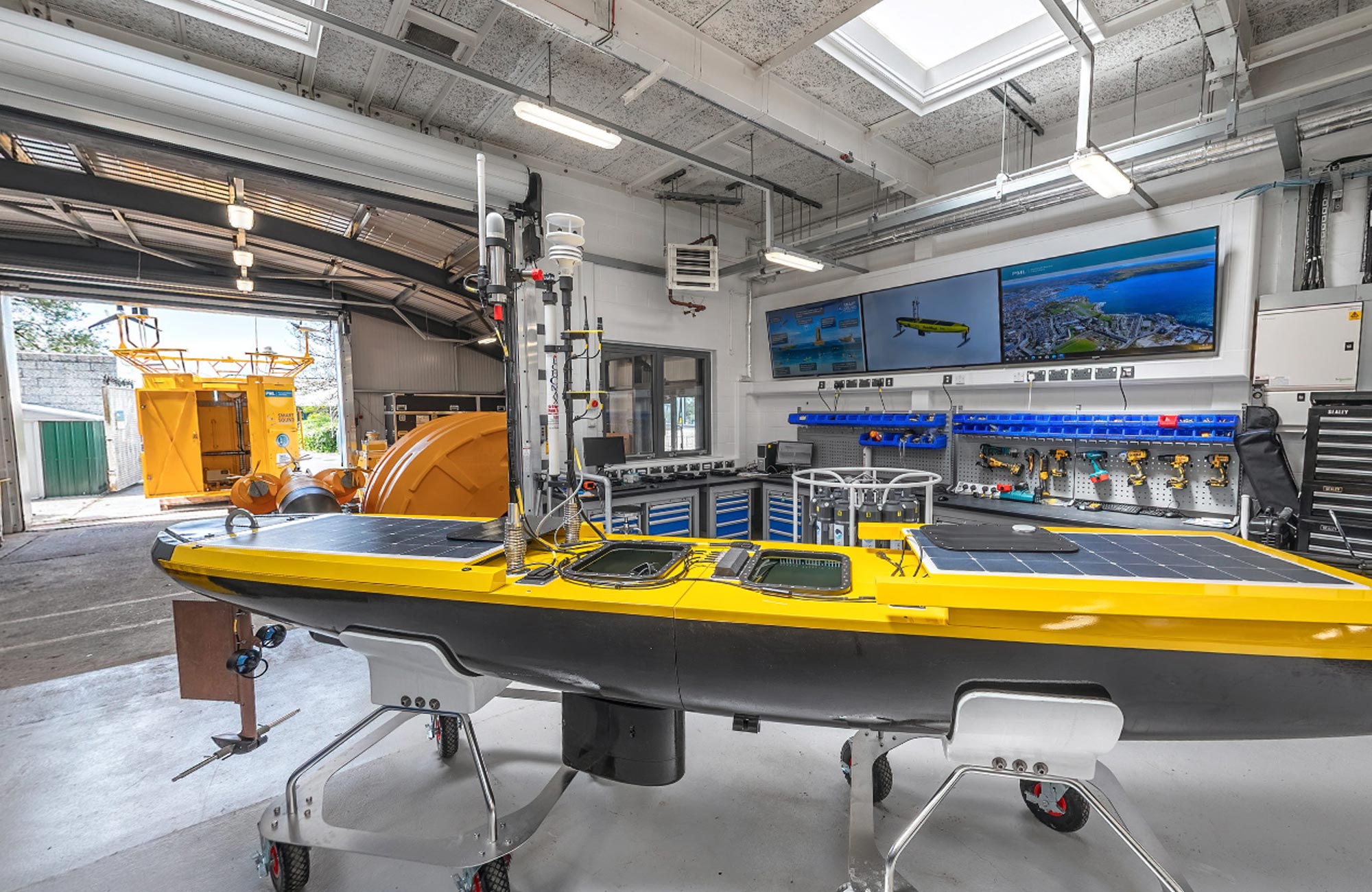Latest story
PML response to new government energy strategy
The UK Government’s “British energy security strategy‘ (published April 7 2022) sets out how Great Britain will “accelerate homegrown power for greater energy independence”.
Other recent news stories

PML celebrates 20 years of marine science excellence as an independent charity
31 March 2022Friday 1 April 2022 marks the 20th anniversary of Plymouth Marine Laboratory (PML) becoming an independent organisation with charitable status.

Losing the cover of darkness
26 March 2022Study shows advances in street lighting are reducing the efficacy of coastal species’ camouflage

PML scientists supporting international agreement on plastic pollution
04 March 2022Professor Nicola Beaumont and Dr James Clark among the contributing authors of a brief issued by the North Atlantic Microplastic Centre (NAMC) to supp...

PML highlighted for exemplar impact strategy
01 March 2022A review of more than 70 impact strategies from organisations across the world has identified Plymouth Marine Laboratory as a key example of good prac...

Major UN report stresses the need for urgent action on climate change
28 February 2022Plymouth Marine Laboratory science contributes to the latest Intergovernmental Panel on Climate Change (IPCC) report.

Sea ice concentration found to impact the exchange of gases related to climate
22 February 2022A new study has found that sea ice extent has a profound impact upon the concentration of reactive organic gases and their exchange between Arctic wat...

International Day of Women and Girls in Science
21 February 2022International Day of Women and Girls in Science (11th February 2022) offers a chance for the scientific community to reflect on gender diversity in ST...

Funding award will facilitate 'game-changing' advances in climate science at PML
12 January 2022Support from the Wolfson Foundation will enable monitoring and improved understanding of air-sea gas exchange in unprecedented detail using autonomous...

Night lights: New global atlas maps out artificial light at night under the sea
14 December 2021As coastal areas become increasingly built up, concerns are growing about levels of artificial light at night (ALAN) and its potential impacts on the ...

PML welcomes the enhanced role of Vietnam's Da Nang city in the sustainable development of the East Asian Seas region
02 December 2021On 1 December 2021, Dr. Le Quang Nam – the Vice Chairman of the People’s Committee of Da Nang City – was elected to become the new President of ...

Dr Shubha Sathyendranath receives A.G. Huntsman Award
30 November 2021Dr Shubha Sathyendranath, PML Merit Remote Sensing Scientist, received the prestigious A.G. Huntsman Award for Excellence in the Marine Sciences durin...

Multi-million pound initiative advances the sustainable management of UK’s marine resources
23 November 2021In the wake of COP26, the South West is to play a lead role in a major new initiative aimed at sustainably managing the UK’s coasts and seas.

What next for the ocean? PML welcomes incorporation of the ocean into COP26 Glasgow Climate Pact
19 November 2021Following more than a decade of hard work by many parties and stakeholders, including Plymouth Marine Laboratory (PML), the ocean was incorporated int...

PML scientists on Highly Cited Researchers 2021 List
17 November 2021PML is proud to announce that two of our academics have been named on the annual Highly Cited Researchers™ 2021 list from Clarivate.

Message from PML patron James Cameron
09 November 2021James Cameron – filmmaker, ocean explorer and Plymouth Marine Laboratory patron – has a message about the importance of science-based solutions fo...

PML supporting largest ever survey of carbon stored in coastal seascapes
08 November 2021Scientists from Plymouth Marine Laboratory (PML) are part of team of world-class ocean and blue carbon experts taking part of ambitious five-year glob...

National Climate Science Partnership launched at COP26 to guide UK climate change policy
03 November 2021Plymouth Marine Laboratory has joined forces with eight of the UK’s leading scientific organisations to create the National Climate Science Partners...
Current Events
No current events at this time.
Upcoming Events
PML at Oceanology International 2026
10 March 2026
The Third BBNJ Symposium 2026
10 March 2026
NERC Tech Forum 2026
2 June 2026





